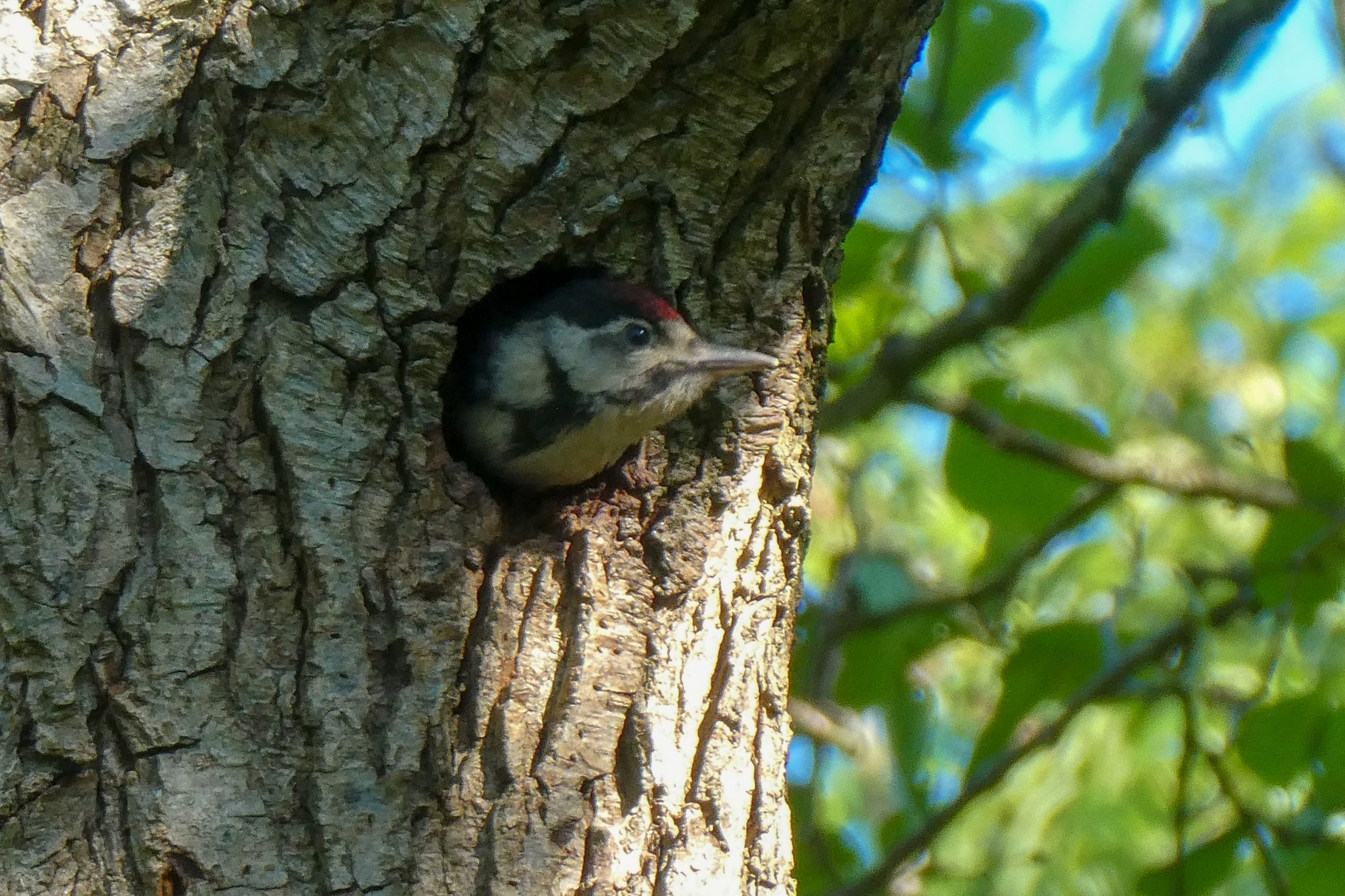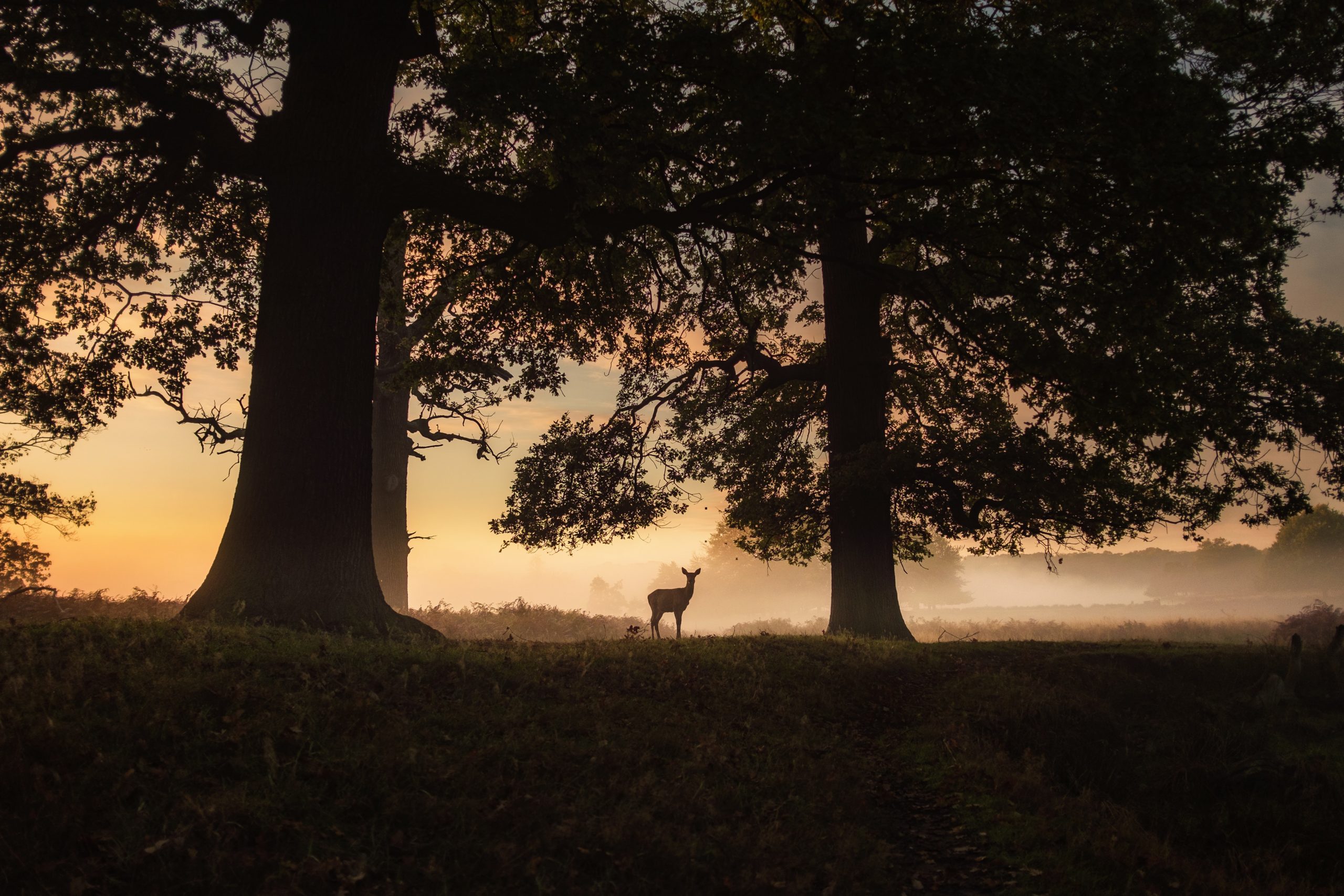Ecological surveys, all you need to know
24 Aug 2022
24 Aug 2022
Part of your development planning will require an ecological survey, but what are they and what do you need to know about them? They’re not an ‘off the shelf’ process; they are unique to each and every project.
Being clued up on ecological surveys could save you time, money, and stress.
Read on to get the details you need…

As we say, they’re quite unique processes, but they fall into four main categories:
Each different kind of survey requires the skill and expertise to deal with different species.
It could require us to be on-site, assessing a known population of animals in an area, or it could be a case of finding evidence of an animal or bird which is protected.
Roosts and nests, for example.
There’s a wide range of reasons for an ecological survey. Some typical examples are housing developers, who often choose plots of land in open, agricultural fields, which are ripe for an ecological survey.
On a smaller scale, we might need to carry out a survey for an individual doing renovations or extensions to their home. Older listed buildings often need an ecological survey for bats, too.
Basically, any sort of project will need an ecological survey of some kind.
Why? It falls into two main reasons:

Getting it wrong can be painful. It can cause damage to the species that are potentially in jeopardy, and it can leave you exposed to prosecution if you’re not adhering to all the legislation that you should be.
Less seriously than landing yourself a new, orange jumpsuit (but of course still very importantly), getting it wrong will cost you time and money. If your ecological surveys aren’t completed properly or in good time, you could miss the deadline for your planning application and there might be a long wait until the next submission deadline. If you’ve got contractors lined up who are waiting for a go-ahead that’s been delayed, it eats away at those precious resources: time and money. Not to mention the damage it could do to your reputation with clients.
Mistakes can happen, but the damage can be avoided and the stress lowered with good communication and an up-front approach. At Tyler Grange, we’ll always keep you in the loop and we’re always realistic with timescales. You can trust us on that one.
Licences and qualifications
Specialist work requires specialist qualifications and licences to make sure we’re doing the right thing for the animals and habitats, and that our clients are covered properly. Working directly with bats, for example, requires a corresponding licence –you need the right training to care for a protected species.
Experience
The more experience you have in the field, the better equipped you will be to do a good job and handle any unexpected problems that might arise. Experience and qualifications are the perfect blends in the field.
Reputation
At Tyler Grange, we pride ourselves on having a good rep. We deliver our projects to a high standard in the timeframe we agree with our clients. That’s why they keep coming back to us.

Happy clients and happy animals!
If we can get the job done for you in the time you need, to the standards we strive for, we know it’s a job well done. We work together with you and our other departments to make things run as smoothly as they can.
For example, we often collaborate with our landscape architects because we use can use their plans for our assessments, making the process faster and more coherent.
We collaborate with you, too. We aim to review all our projects with a project manager after completion so we can answer any further questions and always be improving!
As you’re probably aware, there’s a certain seasonality to all of this surveying business.
Essentially, we need to be active when the animals are – to give us the best chance of identifying them or the tracks they leave behind.
This means that we can’t do all surveys all year round. In fact, that’s part of the reason we like you to get in touch early, so we can book your project’s needs well in advance.
If you’d like to see which animals we can survey, download your free copy of our survey calendar here. It covers what types of surveys we can do when and the optimal time to book in with our experts.
No worries. We’d love to talk to you. Get in touch at hello@tylergrange.co.uk with any ecological survey queries.
We work Monday to Thursday. Sometimes we’re out in the field, and sometimes we work very early or late due to ecological demands, so drop us an email and we promise we’ll get back to you as soon as we’re back online!